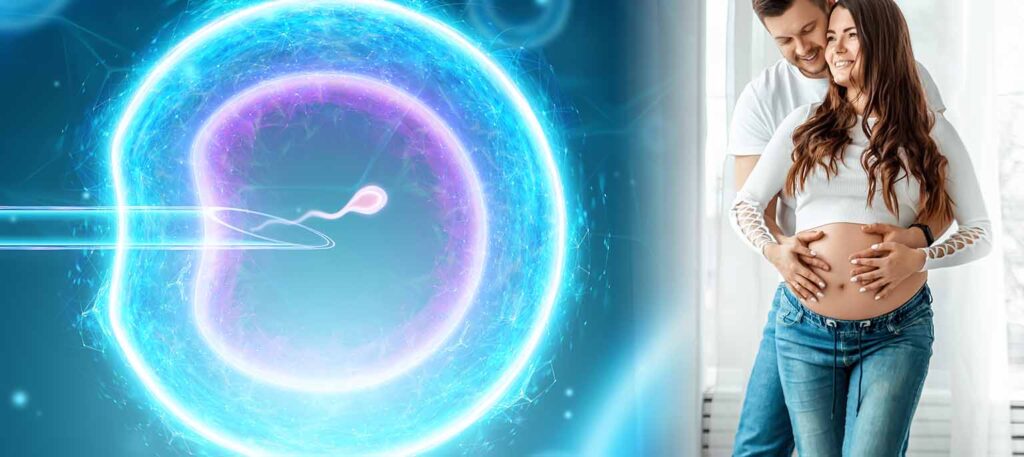Fertility Preservation
Home > Fertility Preservation
Traetments Offered
Infertility Evaluation
Infertility Evaluation
Laparoscopy
Hysterocopy
Fertility Surgery

Fertility Preservation
Fertility Preservation implies preserving the male and female gametes for future use. In simple terms, either or both the male sperm and female egg cells (oocytes) are held in a highly sophisticated controlled environment to be used later for conception.
Who can opt for Fertility Preservation?
Our Fertility Preservation specialist can assist patients with any of the listed medical conditions below:
- Women who are under threat of losing their oocytes or eggs can opt for fertility preservation.
- Men who are under the threat of losing their sperm count can also opt for this helpful procedure.
- Women nearing menopause could also consider opting for fertility preservation.
- Moreover, if any woman needs to undergo ovarian surgery or chemotherapy could also pick fertility preservation as their ideal choice to preserve their eggs for futuristic use.
Explore Types of Fertility Preservation Options with Dr. Biplab Deb
- Sperm Freezing:
- Sperm freezing is also known as Sperm Cryopreservation. The semen sample is mixed with specially designed cryoprotectants and stored at low temperatures like -196 degrees celsius in this process. Low temperatures stop them from ageing, and as a result, they remain active and alive for an extended period.
- Egg Freezing:
- Infertility issues in ageing women are pretty common these days. Egg vitrification helps you preserve your younger eggs so that you can quickly get pregnant later in life. The process involves a series of actions where your hormones are stimulated to mature and release more eggs. You might also need to undergo several blood tests before the eggs are extracted. On maturation, your eggs are collected and vitrified to retain the cell structure.
- Embryo Freezing:
- In embryo freezing, vitrification is the technique to freeze the embryos with in a short span of time at -196 degrees celsius. These embryos could be preserved for an extended period and could be used as and when required.


